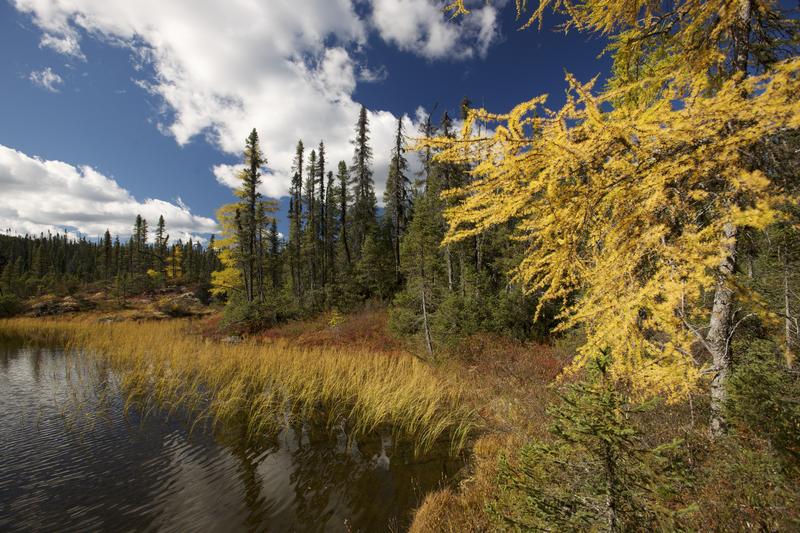This week, without any input from environmental groups, sustainable design leaders, or external stakeholders outside of the logging industry, the US Green Building Council (USGBC) announced that it has launched a pilot program that recognizes the controversial logging certification scheme known as Sustainable Forest Initiative (SFI) under its flagship Leadership in Energy and Environmental Design (LEED) program.
The move represents a break from a longstanding policy to only recognize and give credit for the use of wood certified under the Forest Stewardship Council (FSC), which is the only forest certification system recognized by leading conservation and social justice organizations.
For years, this has been a lightning rod in green building circles as SFI continually tried to insert itself into the LEED system. These attempts had failed until now because the sustainable building community knew better. SFI is an unreliable and weak certification standard, amounting to industry-backed greenwash that allows wood from controversial irresponsible logging practices into products bearing the SFI label.
This time, the USGBC and its CEO Rick Fedrizzi (and the logging industry) surprised the sustainable building community and opened the door for equal treatment of FSC and SFI in LEED. The USGBC described the move as a test for a new LEED prerequisite that would prohibit the use of illegal wood in LEED-certified buildings. No one is opposed to complying with the law, but legality does not equal sustainability on its own. If this was about preventing illegal wood materials in LEED buildings, why were not all of the leading groups working on illegal timber consulted? Why are the PR machines of the North American logging industry running victory laps and shouting from the rooftops that they are now recognized for their environmental responsibility?
Greenpeace and almost every other major environmental group in the United States including the Natural Resources Defense Council, Sierra Club, WWF, Nature Conservancy, Rainforest Action Network, Stand, Dogwood Alliance, National Wildlife Federation only recognize FSC as a legitimate forest product certification scheme. Studies repeatedly confirm that FSC is a stronger more rigorous standard. Greenpeace recently published a note describing a situation in which a forest certified under both FSC and SFI lost its FSC certificate for various controversies but still maintained its SFI certificate.
Even under its revised standard (2015), SFI still fails to uphold the rights of Indigenous Peoples and protect high conservation value areas. In Canada, SFI does not require companies to protect the habitat of woodland caribou despite the fact that they are listed as threatened or under Canada’s Species at Risk Act. USGBC should think twice before staking its reputation on recognizing SFI as ‘responsible.’ Recognizing lowest common denominator environmental labels as responsible is bad for forests and those rely on them.
If you have comments for the USGBC leadership and this move. I encourage you to reach out to: Rick Fedrizzi, CEO <[email protected]> and Fiona Cousins, Board Chair <[email protected]> at USGBC.
Do you work at USGBC? Do you have any information pertaining to this surprise move and the level of input or influence that the timber industry lobby or SFI may have had over it? Do you have for example information of whether or not this decision was influenced by state legislative attacks on LEED? Staff members may reach out to Greenpeace USA’s anonymous whistleblower tip hotline: 202-319-2411.


